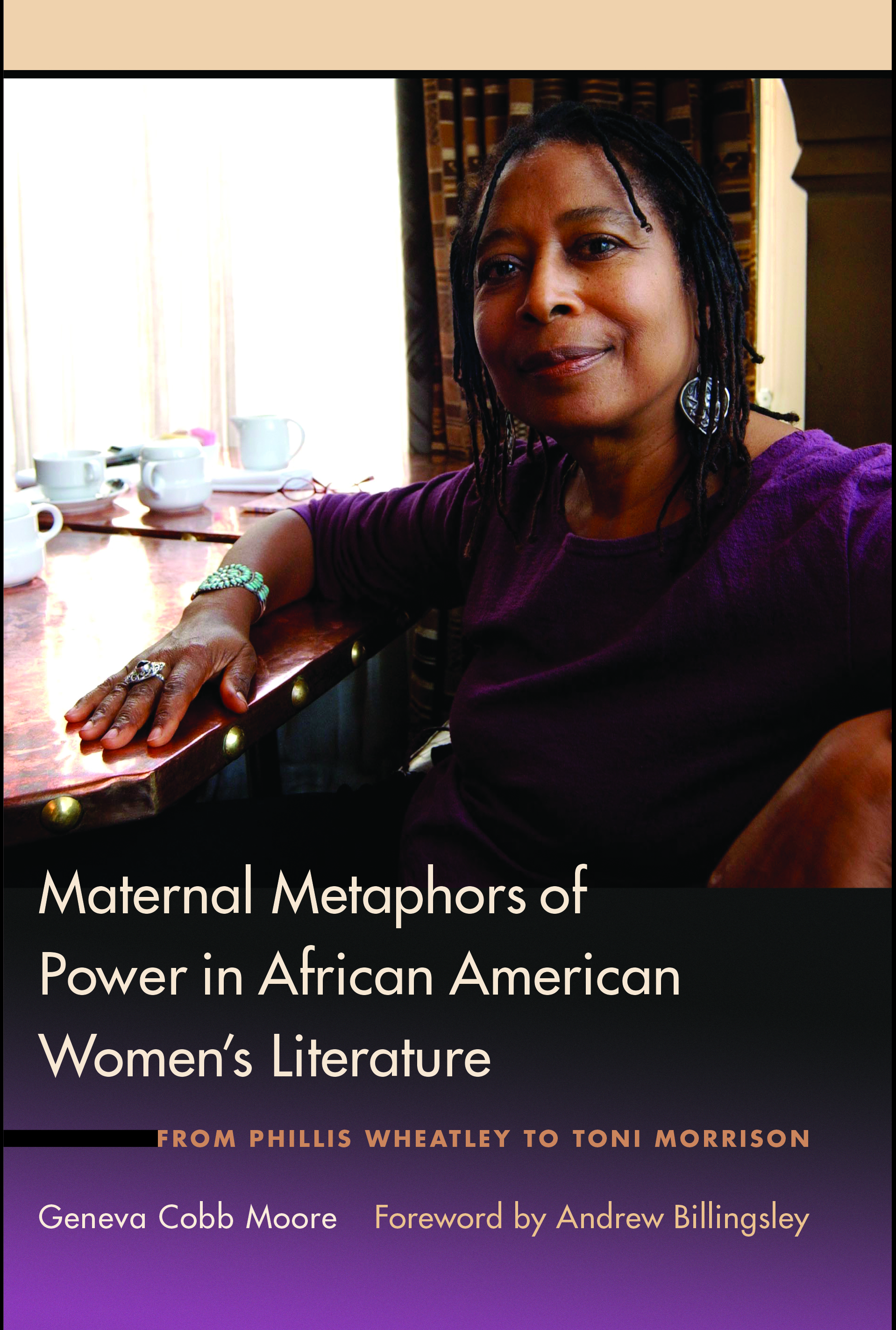Black History Month Sale: 40% off all books, plus FREE SHIPPING on all U.S. orders over $50 | Use code JBHM26

Size: 6 x 9
Pages: 376
Illustrations:
Geneva Cobb Moore
The inclusion of this book in the Open Carolina collection is made possible by the generous funding of
"Black women are the life force of planet Earth. They have continued forward without permission since the universe began. In the midst of violence and brutality, against them and others like them, they began to write and chronicle their extraordinary and inconceivable journey. Their words, carefully plucked and precisely laid down over generations, in both salt and blood, saved them and the rest of humanity. Geneva Cobb-Moore's brilliant treatise investigating the specific language of black women writers is a jewel of a manifesto, greatly attesting to their power, human beings who find the annihilation of truth and beauty unacceptable."—Nikky Finney, John H. Bennett, Jr. Chair in Creative Writing and Southern Letters, University of South Carolina
"A work brimming with new insights about the intersection of biography, literature, and history. Geneva Cobb Moore makes a compelling case for what she calls feminine and maternal metaphors of power in African-American women's writings—the image of the black female body as a site of regeneration, freedom, and beauty."—Jacqueline Jones, Mastin Gentry White Professor of Southern History and Walter Prescott Webb Chair in History and Ideas, University of Texas at Austin
"This work places the literary writings of influential and intellectual black women in their historical times, uniquely combining history and literature or presenting literature as history. . . . The ambition of this examination opens up a Pandora's box of American history and the tragedy and transformation of African Americans. Enslaved and freed and perpetually existing in a state of rediscovering the meaning of freedom, its restrictions, and its possibilities, African Americans offer a different narrative on history from the one constructed by the mainstream media and the general society, as this book illuminates."—Andrew Billingsley, from the foreword
Copyright 2026
Website By Morweb.org